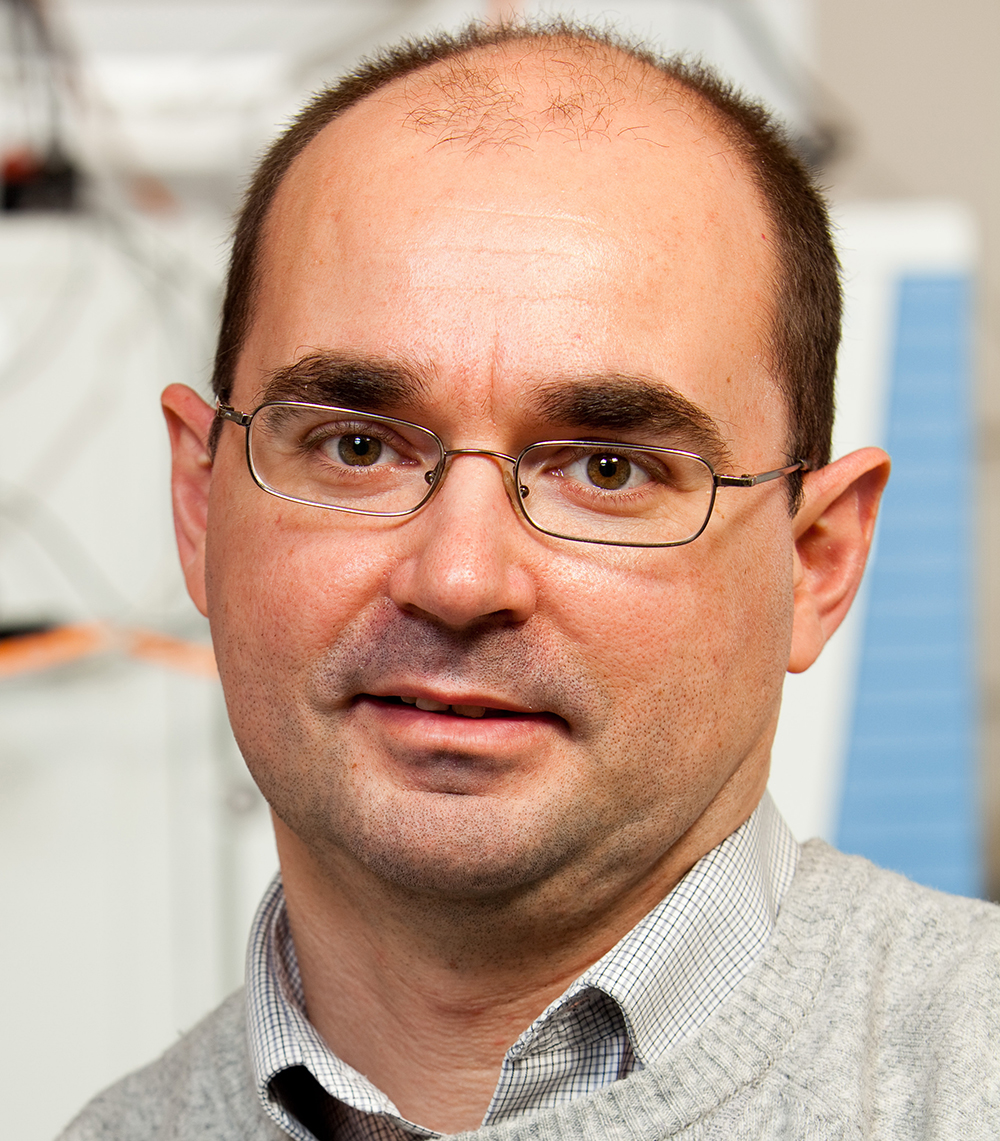Researcher Database

Prof. Dr. Boris Macek
Interfakultäres Institut für Zellbiologie, Proteome Center Tübingen
Auf der Morgenstelle 15
72076 Tübingen
Program
Cancer Genome Sequencing and Proteome Analysis Platform (CGP)
Summary
Available genome annotations usually rely on computational predictions of protein coding genes. Peptides from proteome lysates identified by mass spectrometry can be mapped directly onto the raw genome sequence, thus enabling the verification, re-annotation as well as the identification of unpredicted genes in a straightforward manner. Our laboratory is developing proteogenomics strategies based on high accuracy mass spectrometry and has so far used them to refine the genome annotation of several eukaryotic and prokaryotic model organisms (Borchert et al., Genome Res, 2010; Krug et al., Mol BioSystems, 2011; Krug et al., Proteomics, 2014).
We are currently applying these proteomics approaches to study influence of non-symonymous single nucleotide variants (nsSNVs) on protein modifications and signal transduction in individual proteomes. We use resistance to BRAF inhibitors (e.g. vemurafenib) in melanoma cell lines and xenografts as a model, but the approach can be quickly adapted to almost any other type of cancer. The concept of “personalized proteomics” will be a major development in the field of cancer proteomics over the next five to ten years. It will closely follow the development of personalized gene- and protein databases driven by rapid advances in next generation sequencing (personalized genomics).